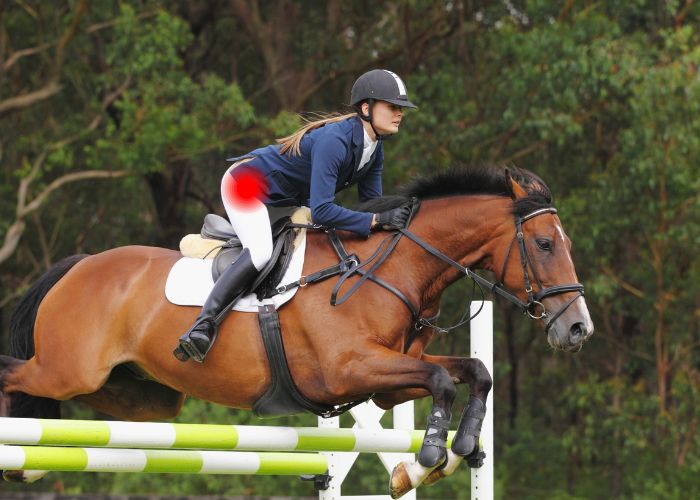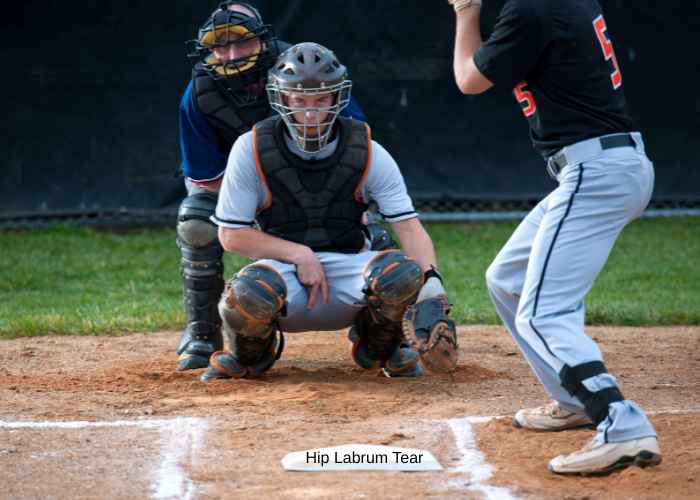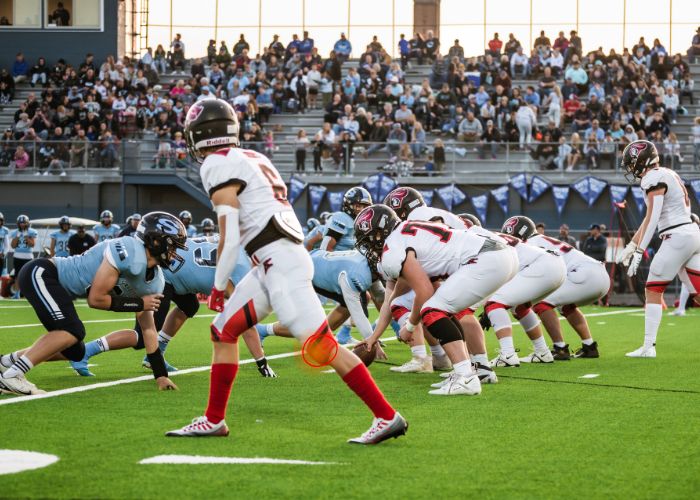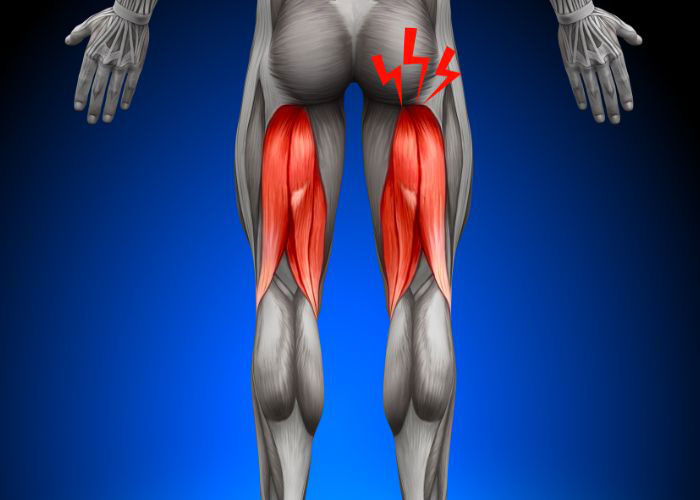What is a Medial Collateral Ligament (MCL) injury?
The medial collateral ligament (MCL) is one of the two collateral ligaments located within the knee complex. This strong ligament originates from the medial epicondyle, a bony prominence on the inner femur; and attaches to the medial condyle, a bony prominence on the inner tibia. The MCL’s function is to prevent an inward collapse of the knee as well as to provide stability when the knee rotates or performs side-to-side motions. Athletes are the most common group to injure the MCL by sustaining a direct, forceful blow to the outer knee, forcing an inward shift of the joint. Contact sports such as football, hockey, wrestling, soccer, or Lacrosse can cause MCL sprains, strains, tears or complete ruptures. Dr. Ronak Mukesh Patel, orthopedic knee surgeon, serving patients in Sugar Land, Pearland, and the Houston, Texas area, has the knowledge and understanding as well as substantial experience in treating patients who have experienced an MCL injury or tear.
What is the treatment for an MCL injury or tear?
MCL (medial collateral ligament) injuries that are mild or lower grade can often heal with conservative therapies alone. However, if conservative or non-operative measures are unsuccessful, or in the event of a complete ligament rupture, surgical reconstruction of the MCL may be required to restore rotational stability to the knee. MCL reconstruction involves the excision of the damaged ligament fragments, then suturing the remaining ligament pieces back together, or fastening them to the bone. A complete MCL rupture that is irreparable may require a tendon graft harvested from the patient (autograft) or donor (allograft). A section of the quadriceps tendon, hamstring tendon, or patellar tendon may be harvested as an autograft.
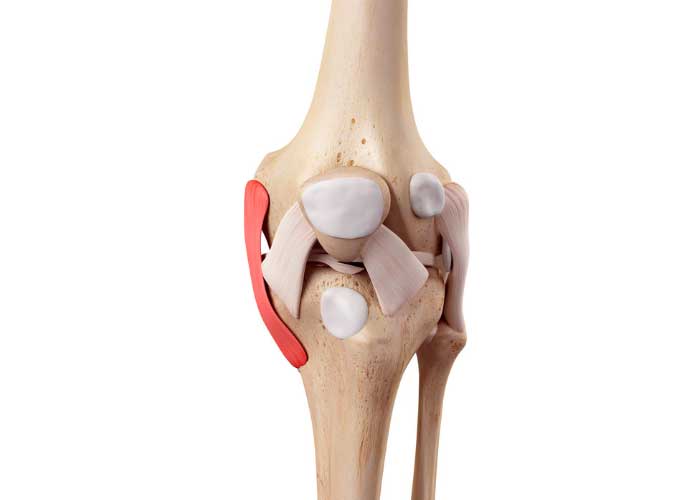
How is medial collateral ligament (MCL) reconstruction performed?
Surgical reconstruction of an MCL is typically performed as an outpatient procedure. Prior to operating on the knee, Dr. Patel performs an examination under anesthesia to verify the integrity of the knee ligaments in addition to confirming the MCL tear, and if there is additional damage to the soft tissues in the knee. A tendon graft is harvested from the patient, or donor tissue is obtained. Often an allograft tendon is preferred, which makes the recovery process easier and reduces the risk of the ligament rupturing a second time. A small camera (arthroscope) is inserted into an equally small incision with a continuous circulation of a sterile solution to clearly analyze the muscles, tendons, and ligaments of the knee joint. Specialized surgical instruments are then inserted through a portal to excise the damaged ligament fragments and complete other necessary repairs. It is crucial to have an experienced surgeon like Dr. Patel, who can replace the MCL in the exact anatomical position required to match the footprint of the original MCL. Dr. Patel creates bone tunnels through the inner distal femur and the inner proximal tibia for the new MCL tendon. The graft is passed through these tunnels and fastened by surgical screws or special anchors that are secured within the bone. When the necessary revisions are complete, the new ligament is assessed for good stability and tension, and the range of motion of the knee is evaluated.
How long is the recovery after MCL Reconstruction?
The recovery period following reconstruction of the MCL or medial collateral ligament is often determined by the type of repair, which type of graft and the overall condition of the knee prior to surgery. A successful recovery is also determined by the patient’s compliance with the post-operative care instructions provided by Dr. Patel. Most patients can expect a return to normal daily activities in approximately 6 to 8 weeks. In general, patients in the Houston, Texas area can typically expect the following:
- The knee is immobilized with a brace following surgery.
- A combination of rest, ice and non-steroidal anti-inflammatory medications are encouraged for pain management. If needed, Dr. Patel will prescribe stronger pain medication to be taken as only directed.
- It is important to complete the recommended physical therapy rehabilitation program prescribed by Dr. Patel for the best chance at a successful recovery. This program will begin very soon after surgery and will begin with simple stretching and careful bending until moving to strengthening exercises.
MCL Reconstruction Surgeon

The MCL (medial collateral ligament) in the knee is responsible for stabilizing the knee during rotation. Athletes are more likely to injure their MCL than other individuals and complete tears should be reconstructed in order to maintain knee strength and functionality. MCL reconstruction surgeon, Doctor Ronak Mukesh Patel, provides diagnosis as well as surgical and nonsurgical treatment options for patients in Houston, Sugar Land, and Pearland, TX who have suffered an MCL tear or injury. Contact Dr. Patel’s team today!
